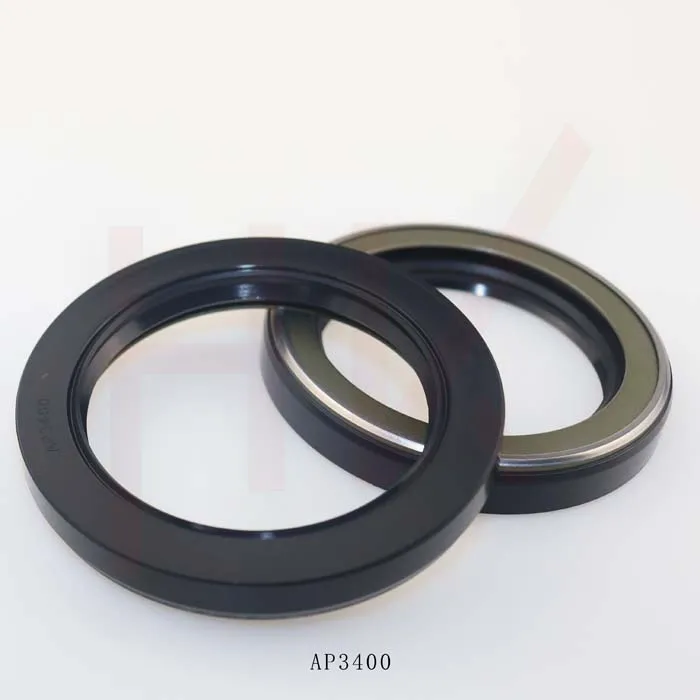des . 15, 2024 14:03 Back to list
oil seal wheel hub
Understanding Oil Seal Wheel Hubs Key Components and Functions
In the world of automotive engineering, the oil seal wheel hub plays a crucial role in ensuring the smooth operation of a vehicle's wheels. Often overlooked, this component is vital for maintaining the integrity and performance of the vehicle's drivetrain and suspension systems.
What is an Oil Seal?
An oil seal, also known as a shaft seal, is a device designed to prevent the leakage of lubricants between moving parts while keeping contaminants at bay. The oil seal typically consists of a flexible rubber or elastomer material that fits tightly around the axle or shaft. Its primary function is to create a barrier, ensuring that the lubricant — usually grease or oil — remains within the designated area of the wheel hub while also keeping dirt, dust, and moisture from entering.
The Role of Wheel Hubs
Wheel hubs serve as a critical junction point for various components within a vehicle's wheel assembly. They connect the wheel to the axle, allowing for both the rotation of the wheel and the transfer of torque from the drivetrain. The integrity of the wheel hub influences not just the performance of the vehicle, but also the safety of the ride. A well-functioning wheel hub supports the weight of the vehicle, provides stability during movement, and accommodates various driving conditions.
Importance of Oil Seals in Wheel Hubs
Oil seals are essential in wheel hubs for numerous reasons. First and foremost, they help maintain the correct lubrication levels necessary for proper wheel hub functioning. Lubricants reduce friction among the moving parts, which in turn lowers the risk of overheating and mechanical failure. When oil seals are functioning effectively, they minimize the chances of lubricant leakage, ensuring consistent performance and longevity of the hub.
oil seal wheel hub

Moreover, oil seals protect the inner workings of the hub from external contaminants. Road debris, water, and dirt can significantly impact the performance of the wheel hub if allowed to infiltrate the system. Contaminated grease can lead to increased wear and tear, resulting in costly repairs or even complete wheel hub failure. By adequately sealing off the hub from outside elements, oil seals enhance the durability and lifespan of the vehicle's wheel assembly.
Choosing the Right Oil Seal
Selecting the appropriate oil seal for a specific wheel hub application is critical. Factors such as the vehicle's make and model, operating conditions, and the type of lubricant used must be considered to ensure optimal performance. An incorrect seal can lead to premature wear and potentially catastrophic failures. For this reason, it's advisable to consult with automotive professionals or manufacturers to select the most suitable oil seal.
Signs of Oil Seal Failure
Recognizing the signs of oil seal failure is important for maintaining the health of a vehicle. Common indicators include oil leaks around the wheel hub area, unusual noises while driving, and vibrations that can affect vehicle stability. If any of these signs are evident, immediate inspection and replacement of the oil seal may be required to prevent further damage.
Conclusion
In conclusion, the oil seal wheel hub is an indispensable component in the overall functionality of a vehicle. By effectively sealing off lubricants and preventing the intrusion of harmful contaminants, oil seals help maintain optimal performance and longevity of the wheel hubs. Regular inspection and prompt replacement of worn seals can prevent costly repairs, ensuring the safety and reliability of a vehicle for years to come. Understanding the importance of oil seals in wheel hubs empowers vehicle owners to take proactive steps in vehicle maintenance, ultimately leading to a safer driving experience. Remember, an informed driver is a responsible driver, and staying aware of these crucial components is key to maintaining the health of your vehicle.
-
The Trans-formative Journey of Wheel Hub Oil Seals
NewsJun.06,2025
-
Graphene-Enhanced Oil Seals: Revolutionizing High-Pressure Oil Sealing
NewsJun.06,2025
-
Future of Hydraulic Sealing: Advanced Intelligent TCN Oil Seals
NewsJun.06,2025
-
Don’t Let a Broken TCV Oil Seal Ruin Your Day
NewsJun.06,2025
-
Bio-Inspired Dust Seals for Better Sealing Performance
NewsJun.06,2025
-
Biodegradable and Sustainable Hydraulic Seal Materials
NewsJun.06,2025
-
Top Oil Seal Solutions for Your Industrial Needs
NewsMay.22,2025
Products categories
















